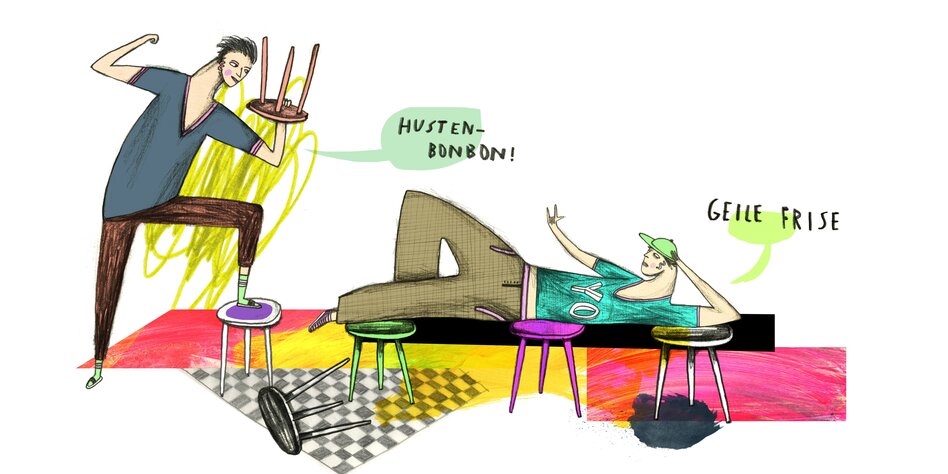Challenges and Realities of a Novice Teacher
Core Concepts
The author reflects on the struggles and experiences of being a novice teacher, highlighting the challenges faced in a demanding educational environment.
Abstract
As a career changer turned substitute teacher in Germany, the author shares candid insights into the harsh realities of teaching. From dealing with disruptive students to navigating personal struggles, the narrative sheds light on the complexities of filling gaps in the education system. The emotional toll, professional uncertainties, and societal pressures are vividly portrayed through personal anecdotes and observations. Despite efforts to connect with students and maintain stability, the overwhelming demands and systemic shortcomings cast a shadow over the author's journey.
Ein Quereinsteiger als Lehrer berichtet: Das Pochen am Hals
Stats
14,466 teaching positions reportedly vacant in Germany.
8.6% of teachers at German schools are career changers.
In Sachsen-Anhalt, nearly half of teachers are career changers.
A significant increase from 40,000 to 60,000 teachers without formal qualifications in Germany over ten years.
Quotes
"I wanted to be a journalist; my parents were teachers. I never intended to become an educator."
"Teaching is all about building relationships; every student wants to know who they're dealing with."
"Being a teacher means plugging holes - always on the brink but striving for stability."

Deeper Inquiries
How can educational systems better support career changers entering teaching roles?
Educational systems can better support career changers entering teaching roles by providing comprehensive training and mentorship programs tailored to their needs. This includes offering specialized courses on pedagogy, classroom management, and child psychology to equip them with the necessary skills for effective teaching. Additionally, creating support networks or communities where career changers can connect with experienced educators for guidance and advice would be beneficial. Offering financial incentives or scholarships to encourage individuals from diverse backgrounds to pursue a career in teaching could also help attract more talent into the profession.
What strategies could be implemented to address student behavioral challenges effectively?
To address student behavioral challenges effectively, schools can implement strategies such as positive behavior interventions and supports (PBIS), which focus on reinforcing positive behaviors through rewards and recognition. Establishing clear expectations and consequences for behavior, along with consistent enforcement of rules, helps create a structured environment conducive to learning. Providing social-emotional learning programs that teach students self-regulation skills and empathy can also help improve behavior in the long run. Collaborating with parents and guardians to create a unified approach towards addressing behavioral issues ensures consistency between home and school environments.
How does this narrative reflect broader issues within the education sector?
This narrative sheds light on several broader issues within the education sector, including teacher shortages, inadequate resources, challenging student demographics, and systemic shortcomings in supporting both educators and students effectively. The story highlights the struggles faced by teachers, particularly those who enter the profession as career changers or through alternative pathways like being a Quereinsteiger:in in Germany. It underscores the need for better support mechanisms for teachers dealing with demanding classroom environments characterized by diverse student needs ranging from academic difficulties to social-emotional challenges.
Moreover, it brings attention to systemic issues such as underfunding of schools leading to insufficient resources like outdated equipment or large class sizes that hinder effective teaching practices. The narrative also touches upon societal factors impacting students' well-being inside classrooms – from homelessness among students affecting their performance at school to broader trends of declining satisfaction levels among adolescents across Europe regarding their life situations.
Overall, this personal account serves as a microcosm reflecting larger structural problems within education systems worldwide – emphasizing the importance of addressing these multifaceted challenges collectively through policy reforms focused on teacher support initiatives, resource allocation improvements, inclusive practices promoting student well-being holistically.
0
